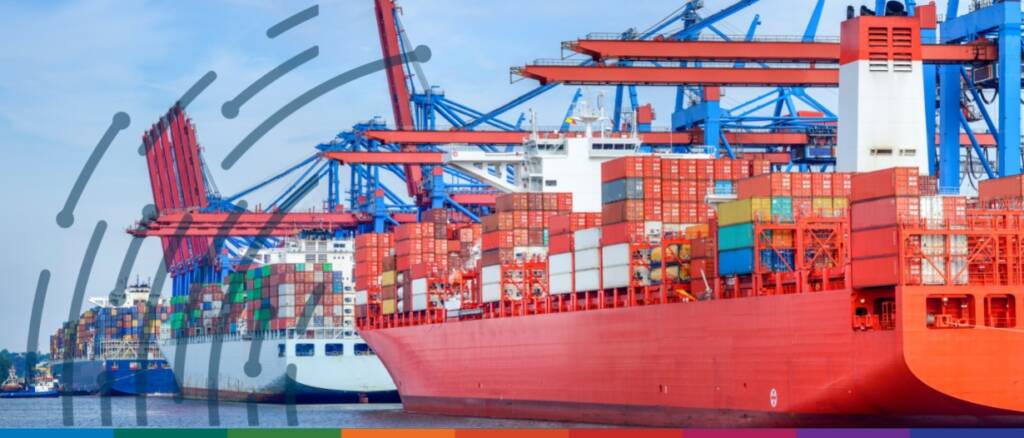Following the latest Q3 2022 edition of its quarterly letter of credit (LC) statistics for US banks, Documentary Credit World (DCW) has released its analysis of LC issuance from banks in the country.
If you read the international shipping media during the final quarter of 2022, you would be forgiven for thinking that it’s “Game Over” for international trade.
The shift to a more digital form of globalisation changes who is participating, how business is done across borders, and where the economic benefits are flowing. This creates a new paradigm where not only large corporates, but also retailers, SMEs, and individuals can use international payments, integrated commerce, or trade interfaces regularly.
PANGEA-RISK CEO Robert Besseling anticipates some positive risk trends in Africa in 2023.
Large national infrastructure projects have rarely been delivered at the pace of the UK Freeport programme; in March 2020, the government launched its consultation document, and in March 2021 it was announced that, subject to completing the necessary authorisation processes, the above eight locations would become Freeports.
Iain MacLennan, VP of product management and trade at Finastra, and Patrik Zekkar, CEO of Enigio, Patrick DeVilbiss, head of product at CGI and Alisa DiCaprio, chief economist at R3, provided us with their predictions for the trade technology landscape in 2023.
TFG asked Francoise Huang, senior economist for Asia Pacific and Trade at Allianz Trade, John Miller, chief economic analyst at Trade Data Monitor, and Richard Wulff, executive director at ICISA, to give their thoughts on the 2023 trade environment.
In TFG’s conversations with industry experts, we have learned quite a lot about trade volumes and commodities, trade technology, and trade credit insurance. While there is plenty of uncertainty regarding the global outlook in 2023, it is clear that there are many areas of optimism for international trade.
This article was originally published on December 19 2022 by Watson Farley & Williams LLP. TFG would like to thank Kimarie Cheang and Chengxi Tan for their contribution.
What a year it has been for Trade Finance Global. We took the time to review over 500 pieces of content to bring you the most popular themes, articles, podcasts, and videos.
























